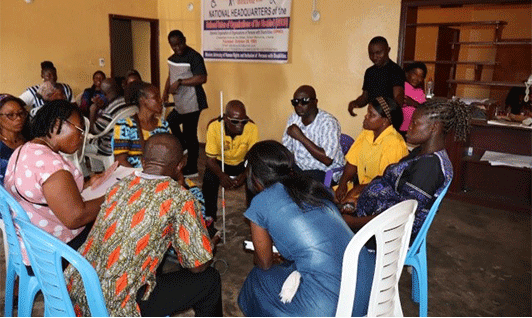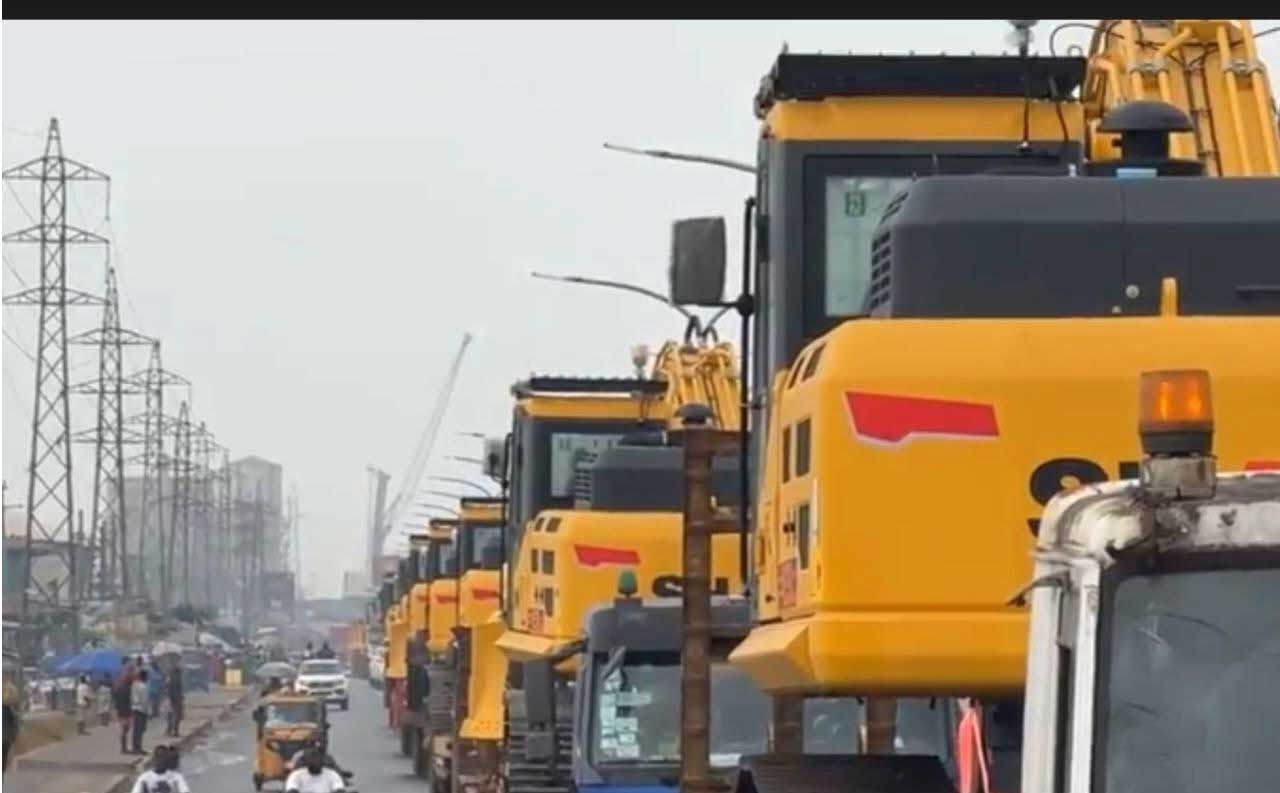The Multi-Actors Platform on Land Governance and Responsible Agricultural Investment in Liberia (MAP Liberia Land Platform) with support from the Liberia Land Authority (LLA) has concluded a one-day capacity strengthening session for People with Disabilities (PWDs) on the relevant provision of the Land Rights Act (LRA).
Although several past awareness efforts have been made, PWDs continue to face challenges in how they can contribute to the land sector of Liberia; protecting land rights for women and girls with disabilities; understanding the institutional and organizational arrangements of the LLA; distinctions of the four categories of land ownership under the LRA of 2018 and the implementation of the LRA and how marginalized groups including people with disabilities are considered under the Law.
The daylong exercise provided the opportunity for PWDs to acquire improved knowledge and understanding on the relevant provision of the LRA that will enable them participate in major decision-making forums for the implementation of the law.
The training also allows the PWD to share their acquired knowledge and experiences with members of their organizations and engage in a robust advocacy campaign with other members of the thematic group on women, youth and PWDs.
It explores the knowledge of the PWDs on the four categories of land ownership as provided by law, design a role map on how PWDs can contribute to their land ownership and define the roles of the PWDs in the implementation of the LRA as well as document case studies and experiences that can be used for advocacy.
Giving a background on the Land Rights Act, Aretha Togba, Program Coordinator, Organization for Women Empowerment said that the LRA provides four categories of land which include government land, public land, private land and customary land; under the customary land, community shall establish a Community Land Development Management Committees-(CLDMC) to govern and manage their land.
Madam Togba said, “Each community shall draft by-laws for the management of the CLDMC. All concessions granted on customary land before the signing of the law remains valid for the agreed period and the land goes back to the community after the concession agreement expires”.
Highlighting the importance of women’s land rights especially PWDs, Togba said the LRA provides that women can equally participate in decisions to develop and manage land in their communities. “Women can singly, jointly or collectively own land by themselves and with others including husbands and siblings,” she said.



